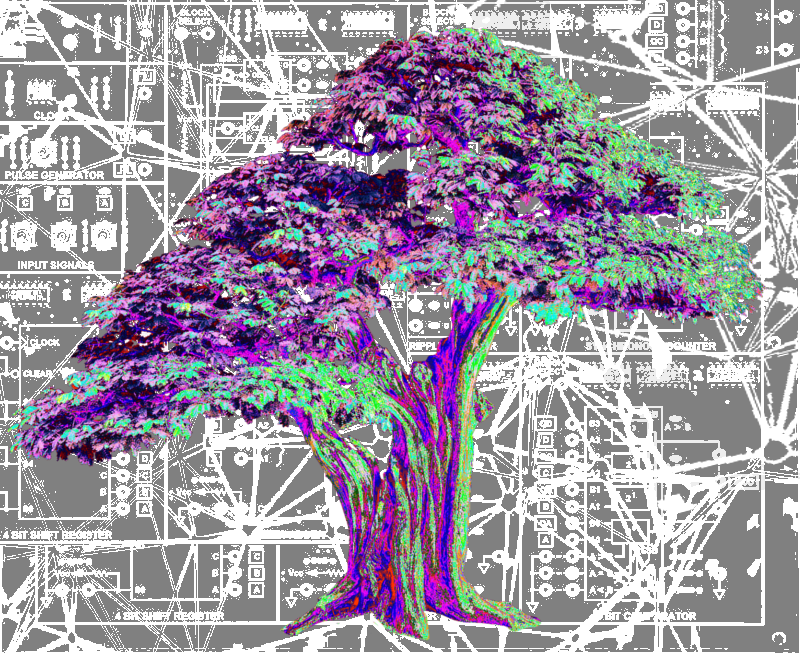Expert plugs crypto-conservation
 A Swedish ecologist has proposed a crypto-anarchist approach to environmental protection.
A Swedish ecologist has proposed a crypto-anarchist approach to environmental protection.
He suggests that the blockchain technology that underpins Bitcoin can boost trust, avoid corruption and support sustainability.
“The time is ripe for ‘cryptogovernance’, in which trust, law and enforcement are outsourced to computer code”, says Guillaume Chapron from the Swedish University of Agricultural Sciences.
Bitcoin and other cryptographic financial systems are kept secure by an online ledger called a 'blockchain', which remain public and have no central controller.
The blockchain links every entry and is constantly verified, making it virtually impossible to corrupt.
Chapron says the blockchain approach could revolutionise governance and sustainability in four areas: ownership, traceability, incentives and policymaking.
Blockchain technology can certify the existence and ownership of anything that can be digitised, and is already being used to track physical and virtual resources, register land and tackle illegal trade in animals and plants.
The technology could also help to ensure that conservation and development funding is used as intended.
However, Chapron concedes that Bitcoin transactions rely on algorithms that are laborious and energy-intensive to run, and that the benefits and risks can be hard for people to understand because the technology is complicated.
Some governments and institutions will undoubtedly resist the blockchain fiercely once they realise its disruptive potential, Chapron writes.
He argues that it is “a tool to increase efficiency and economic growth”, and that ‘blockchain law’ may emerge as a legal system in its own right, with ‘smart contracts’ written in computer code replacing regular legal functions.








 Print
Print